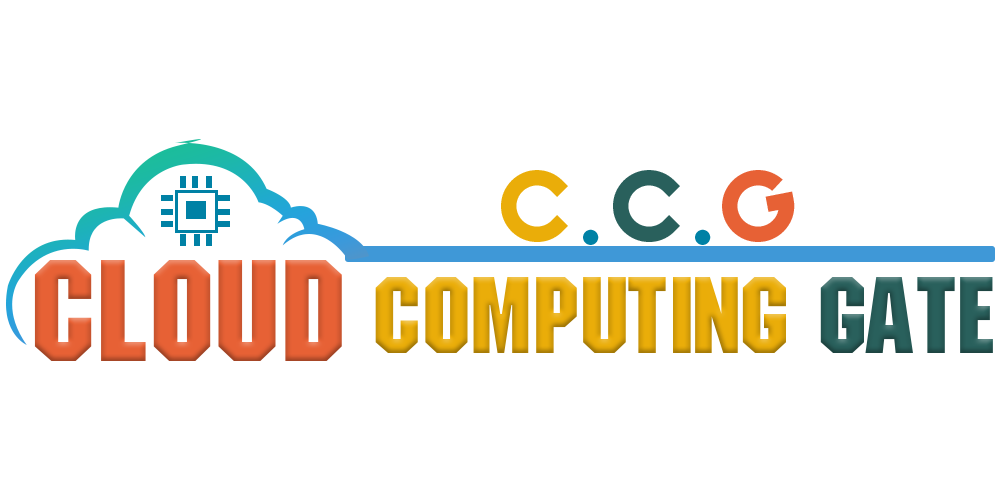What is The Cloud Computing
What is The Cloud Computing
In the simplest terms, cloud computing means storing and accessing data and programs over the internet instead of your computer’s hard drive.
What is the cloud computing not about is your local storage. That’s when you store data on or run programs from the hard drive or your solid-state drive. Everything you need is physically close to you, which means accessing your data is fast and easy, for that one computer, or others on the local network. Working off your local drive is how the computer industry functioned for decades; some would argue it’s still superior to cloud computing, for reasons I’ll explain shortly.
For it to be considered “cloud computing,” you need to access your data or your programs over the internet, or at the very least, have that data synced with other information over the web. In a big business, you may know all there is to know about what’s on the other side of the connection; as an individual user, you may never have any idea what kind of massive data processing is happening on the other end in a data center that uses more power in a day than your whole town does in a year. The end result is the same: With an internet connection, it can be done anywhere, anytime.
The Cloud at Your Service
When it comes to home use, the lines between local computing and cloud computing sometimes blur. That’s because the cloud is part of almost everything on our computers these days. You can easily have a local piece of software (for instance, Microsoft Office) that utilizes a form of cloud computing for storage (Microsoft OneDrive). Microsoft also offers a set of web-based apps, Office (aka Office for the Web), that are web-based versions of Word, Excel, PowerPoint, and OneNote accessed via your web browser without installing anything. That makes them a type of cloud computing (web-based=cloud).
Some other major examples of cloud computing you’re probably using:
- Google Drive: This is a pure cloud computing service, with all the storage found online so it can work with the cloud productivity apps: Google Docs, Sheets, and Slides. Google Drive is also available on more than just desktop computers; you can use it on tablets like the iPad or on smartphones, which have separate apps for Docs and Sheets, as well. In fact, most Google services could be considered cloud computing: Gmail, Google Calendar, Google Maps, and so on.
- Apple iCloud: Apple’s cloud service is primarily used for online storage, backup, and synchronization of your mail, contacts, calendar, and more, as well as file synchronization between your Macs and iOS devices. All the data you need is available to you on your iOS, iPadOS, macOS, or Windows devices (Windows users have to install the iCloud control panel). Naturally, Apple won’t be outdone by rivals: It offers cloud-based versions of its iWork apps such as the word processor (Pages), spreadsheet (Numbers), and presentations (Keynote) for use by any iCloud subscriber. iCloud is also part of how iPhone and AirTab users utilize the Find My iPhone feature when the handset goes missing.
- Dropbox: This service has been a simple, reliable file-sync and storage service for years. It is now enhanced with lots of collaboration features (which will cost you and your business, as the free version has grown a bit skimpy).
- Slack: Yes, it’s considered cloud if you have a community of people with separate devices that need instant messaging/communication. The poster child for that is Slack, but you get the same from Microsoft Teams, Workplace by Facebook, and more.
The aforementioned file-synchronization/backup service, and others like Box, IDrive, and SugarSync all work in the cloud because they store a synced version of your files online, but they also sync those files with local storage. Synchronization is a cornerstone of the cloud computing experience, even if you do access the file locally.




Comments
0 comments